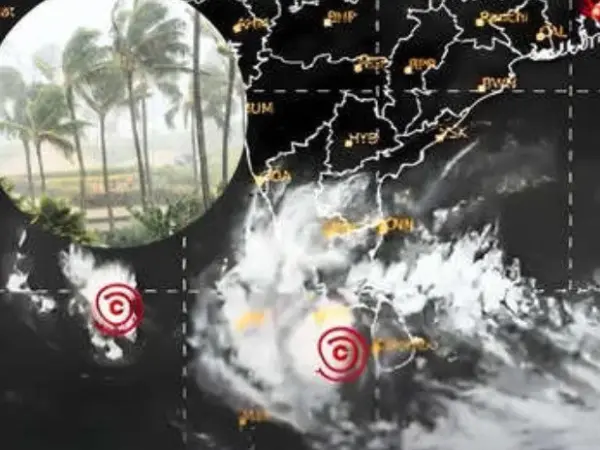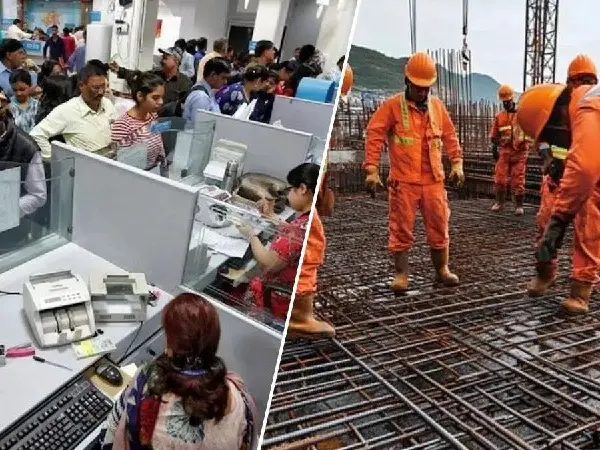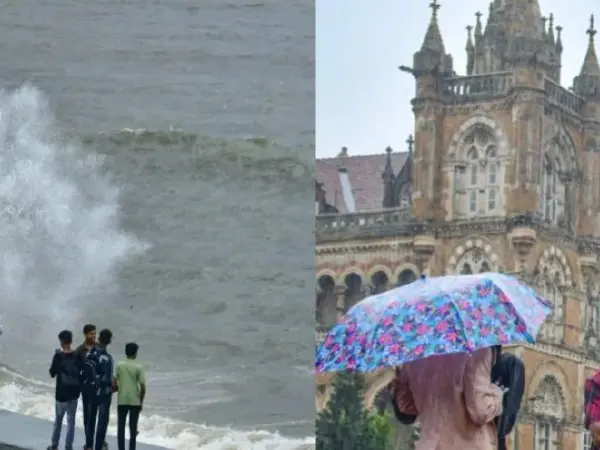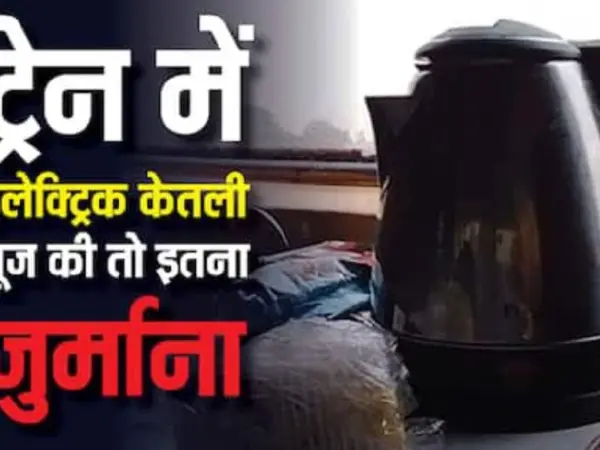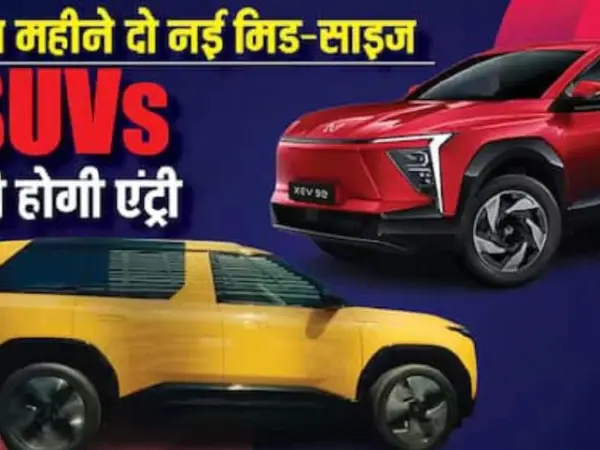Several expressways are being constructed in India to reduce travel time between metropolitan cities. In the next 2 years, more than 5 expressways are expected to be completed. The Delhi-Mumbai Expressway’s first phase was recently inaugurated, reducing travel time between Delhi and Jaipur. The next phase, Sohna-Vadodara, is expected to reduce travel time between Delhi and Gujarat by almost half. There is a possibility that the next phase may be the Sohna-KMP-Vadodara Expressway.
18 hours journey will be completed in just 10 hours
The objective of the Sohna-Vadodara section is to connect Haryana with Gujarat. Till now the travel time between Delhi and Gujarat is more than 18 hours. But the travel time between Delhi and Gujarat through this new section of the expressway will be around 10.5 hours. In addition, through the phased construction of the Delhi-Mumbai Expressway, the travel time between Gurugram and Dausa has also reduced significantly. The travel time between Gurugram and Dausa has now reduced to just 2.5 hours.
Delhi to Goa will also reach in just 20 hours
The Delhi-Mumbai Expressway is also set to reduce the travel time between Delhi and Goa to just 20 hours, while the current travel time between the two cities is over 34 hours. In future, if a passenger takes the Mumbai-Goa Expressway via the Delhi-Mumbai Expressway and then the Mumbai-Goa Expressway, they will be able to reach Goa in 20 hours, saving a full 15 hours.
The construction of the Delhi-Mumbai Expressway is currently underway and its first phase is now open to the general public. It is expected that the last phase of the expressway will be finished by the end of 2023 and will open in the first few months of 2024.
Highlights of Delhi-Mumbai Expressway
The Delhi-Mumbai Expressway will be an 8-lane access-controlled greenfield expressway, which can be expanded to 12 lanes in the future.
For this expressway, 15,000 hectares of land has been acquired in Delhi, Haryana, Rajasthan, Gujarat and Maharashtra. The expressway will have 94 wayside facilities to improve the passenger experience.
There will be more than 40 major interchanges on the expressway. Which will increase connectivity to Kota, Indore, Jaipur, Bhopal, Vadodara and Surat.
The initial budget of this project in 2018 was ₹98,000 crore. 1.2 million tonnes of steel is to be used for the construction of the Delhi-Mumbai Expressway, which is equal to 50 Howrah Bridges.

